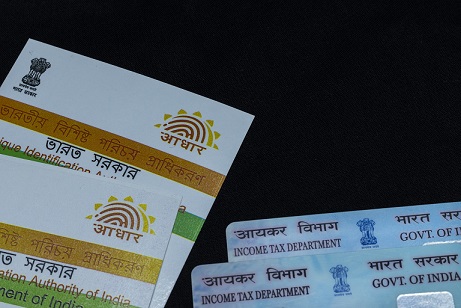Private Limited Company

Section 2(68) of Companies Act, 2013 defines private limited companies. According to that, private limited companies are those companies whose articles of association restrict the transferability of shares and prevent the public at large from subscribing to them. This is the basic criterion that differentiates private companies from public companies.
Features of Private Limited Companies
These are some features that distinguish private companies from other types
of companies:
i. No minimum capital required: There was a minimum paid-up share
capital requirement of Rs. 1 lakh previously, but that is omitted now.
ii. Minimum 2 and maximum 200 members: A private company can have a
minimum of just two members (but just one is enough if it is a One Person
Company), and a maximum of up to 200 members.
iii. Transferability of shares restricted: Private companies cannot
freely transfer their shares to the public like public companies. This is why
stock exchanges never list private companies.
iv. “Private Limited”: All private companies must include the words
“Private Limited” or “Pvt. Ltd.” in their names.
v. Privileges and exemptions: Since private companies do not freely
transfer their shares and involve limited interest by members, the law has
granted them several exemptions that public companies do not enjoy.









